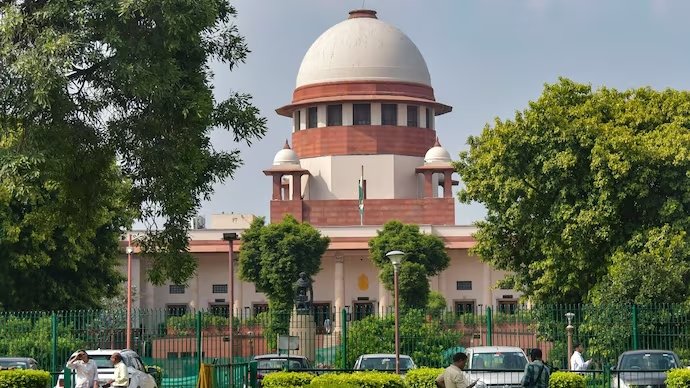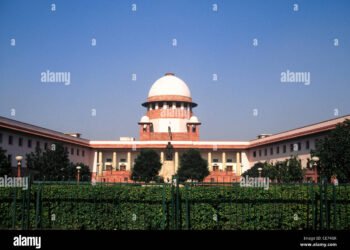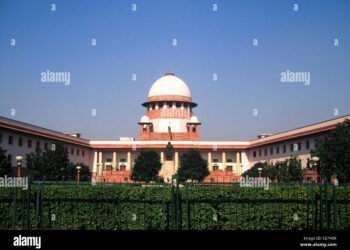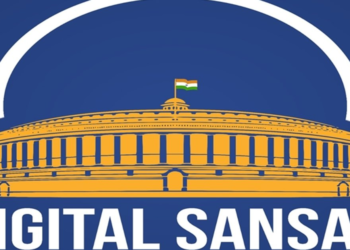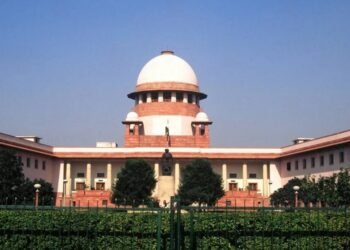In a first, the Supreme Court has stated that within three months, the President is required to make a decision on bills sent by governors. The Supreme Court’s decision occurred as it annulled the Tamil Nadu Governor’s choice to deny approval to pending bills on Tuesday. The announcement was released to the public on Friday.
In pronouncing the judgment in the Tamil Nadu matter, a panel of Justices JB Pardiwala and R Mahadevan stated that the President’s execution of duties under Article 201 could be subject to judicial scrutiny.
According to Article 201, when a governor reserves a bill, the President must announce whether he/she approves the bill or refuses to approve it. However, the Constitution does not specify any timeframe.
The Supreme Court emphasized that the President lacks a “pocket veto” and must either approve or deny it.
“The position of law is settled that even where no time-limit is prescribed for the exercise of any power under a statute, it should be exercised within a reasonable time. The exercise of powers by the President under Article 201 cannot be said to be immune to this general principle of law,” the Supreme Court said.
The two-judge panel stated that if there is a delay exceeding the three-month period, suitable reasons must be documented and communicated to the relevant state.
“We prescribe that the President is required to take a decision on the bills reserved for his consideration by the governor within a period of three months from the date on which such reference is received,” the top court said.
The court also stated that if there is no action taken within the specified period, the affected states may seek recourse through the courts.
If a bill is held back over concerns about constitutional validity, the highest court emphasized that the executive must not take on the responsibilities of the judiciary. It stated that these questions ought to be directed to the Supreme Court as per Article 143.
“We have no qualms in stating that the hands of the executive are tied when engaging with purely legal issues in a bill and only the constitutional courts have the prerogative to study and provide recommendations as regards the constitutionality of a bill,” the Supreme Court said.
The highest court’s order was issued as it determined that Tamil Nadu Governor RN Ravi had acted unlawfully by refusing to give assent to 10 bills approved by the DMK administration. The court stated that while establishing timelines for governors to process bills, failure to act may be open to judicial scrutiny.


